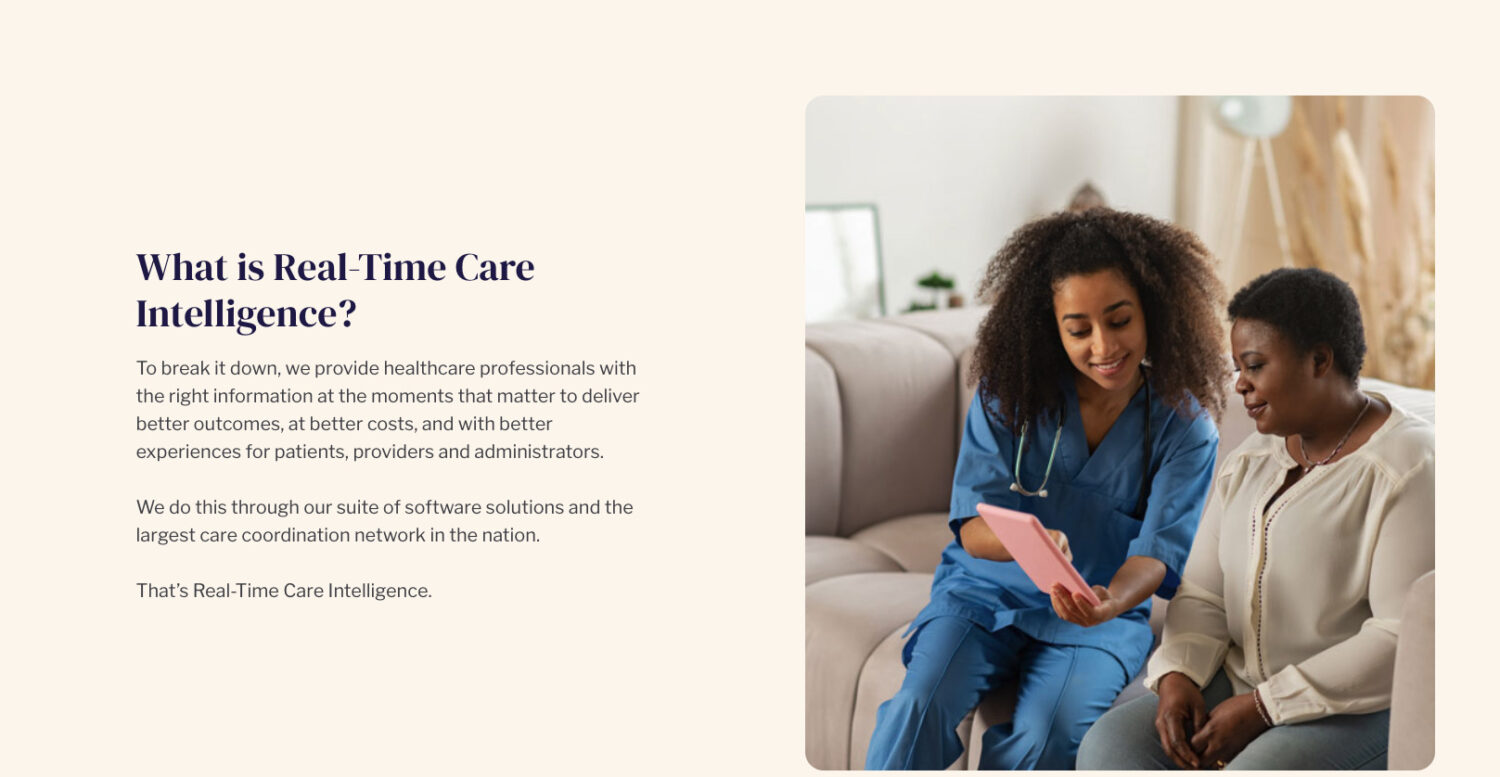
What You Should Know:
– Bamboo Health, the leader in Real-Time Care Intelligence™, has teamed up with WakeMed, a nationally recognized 970-bed not-for-profit health care system founded and based in Raleigh, N.C., to enhance care collaboration and further improve patient care outcomes.
– By integrating a suite of cohesive Bamboo Health solutions across WakeMed’s three full-service, acute care hospitals, eight emergency departments, and dozens of physician practices, the health system aims to foster tighter care collaboration with community providers and provide actionable insights during patient transitions—and across the entire continuum of care.
WakeMed Enhances Care Coordination with Bamboo Health Solutions
WakeMed is set to elevate its care coordination capabilities through the integration of Bamboo Health’s advanced real-time point-of-care intelligence and clinical support tools. This strategic initiative aims to ensure seamless, high-quality care for WakeMed’s diverse patient population, including Medicaid, Medicare, commercially insured, and uninsured patients, particularly those transitioning between WakeMed and other community providers.
Theresa Amerson, MD, FACP, Chief Medical Officer of Population Health at WakeMed, highlighted Bamboo Health’s commitment to the patient’s comprehensive health journey and its role in driving value through improved care outcomes and streamlined provider workflows. Bamboo Health’s platform, notable for its electronic health record (EHR)-agnostic nature, is poised to transform WakeMed’s clinical workflow.
A key component of WakeMed’s enhanced care coordination is the integration of Bamboo Health’s Pings solution. This solution leverages a national network encompassing 2,500 hospitals, 8,000 post-acute facilities, 25,000 pharmacies, 32 health plans, 50 state governments, and 1 million acute and ambulatory providers to deliver real-time admission, discharge, and transfer (ADT) e-notifications. These alerts keep providers informed of their patient’s status, whether at a hospital, post-acute facility, or emergency department.
WakeMed’s implementation also includes features designed to identify emerging high-risk patients quickly. This allows for timely interventions that can lead to improved patient outcomes and cost savings. Additionally, the platform provides automated patient discharge summaries, which enhance communication during patient transitions, address gaps in care such as medication reconciliation, and facilitate the sharing of vital patient information across different healthcare settings.
The platform offers real-time analytics and a user-friendly interface for tracking key performance indicators, enabling providers to make informed decisions based on up-to-date data. Moreover, it integrates comprehensive patient history at the point of care in both emergency department and inpatient settings, highlighting high-risk patients and capturing in- and out-of-network activity not typically found in the Electronic Medical Record (EMR). This feature is crucial for optimizing clinical decision-making.
WakeMed’s adoption of the Pings solution builds on its six-year participation in the North Carolina Healthcare Association’s (NCHA) program, which involves sharing ADT data with Bamboo Health to coordinate patient care. Bamboo Health is a strategic partner of NCHA, providing a care coordination and e-notification platform that benefits its member hospitals and providers across the continuum of care. Currently, 102 hospitals and 786 post-acute facilities in North Carolina participate in this network, ensuring that healthcare providers have the right information at the right time to deliver optimal patient care.
By implementing Pings, WakeMed not only shares ADT notifications with the Bamboo Health network via NCHA but also receives real-time alerts from community partners both within North Carolina and across the country. This collaborative effort underscores WakeMed’s commitment to improving care coordination and outcomes for its patients.
“Bamboo Health’s network of acute and post-acute healthcare organizations across North Carolina and the country makes them a natural ally to help us better coordinate care for our patients no matter where they seek care,” said Dr. Amerson. “Now our care managers and providers will be alerted at the point of care about care events and community relationships that were previously invisible—those happening outside of WakeMed—so they can intervene to help patients before they end up in the emergency department, get them the right care once they’re here, and ensure they receive appropriate care after they leave. It also allows us to focus additional resources on patients that need the most support and, in the process, reduce time and burnout for our care teams.”
